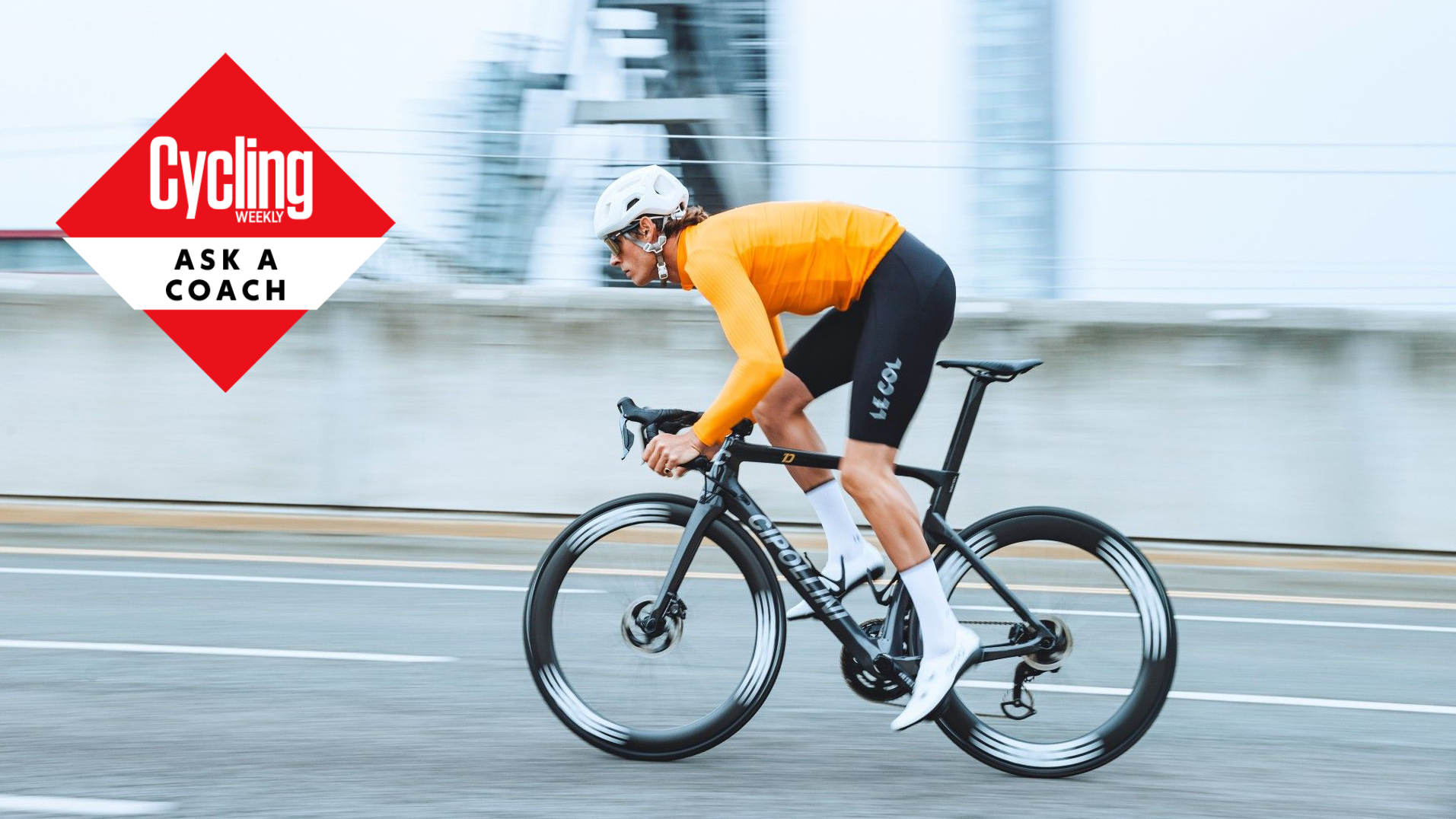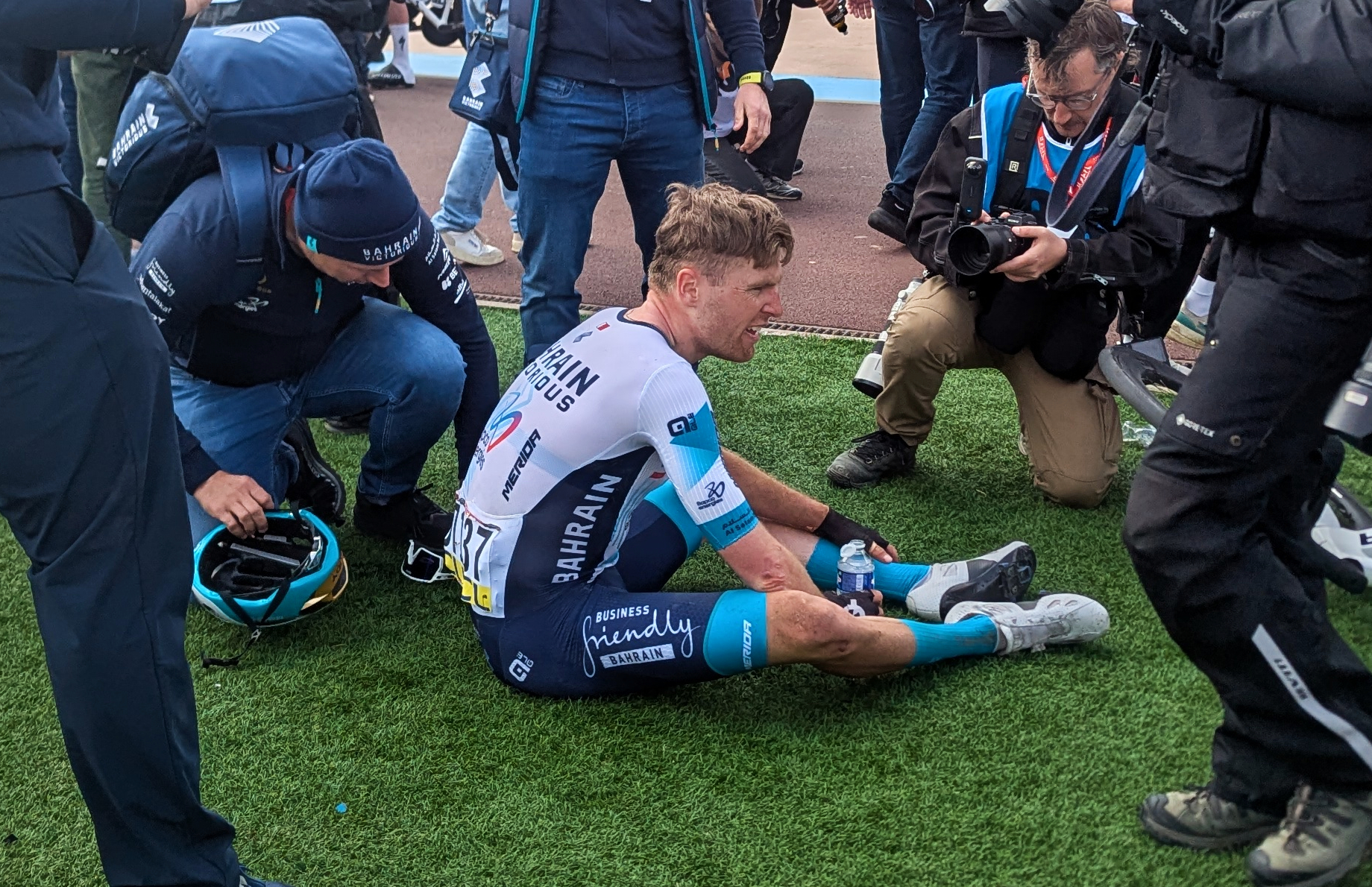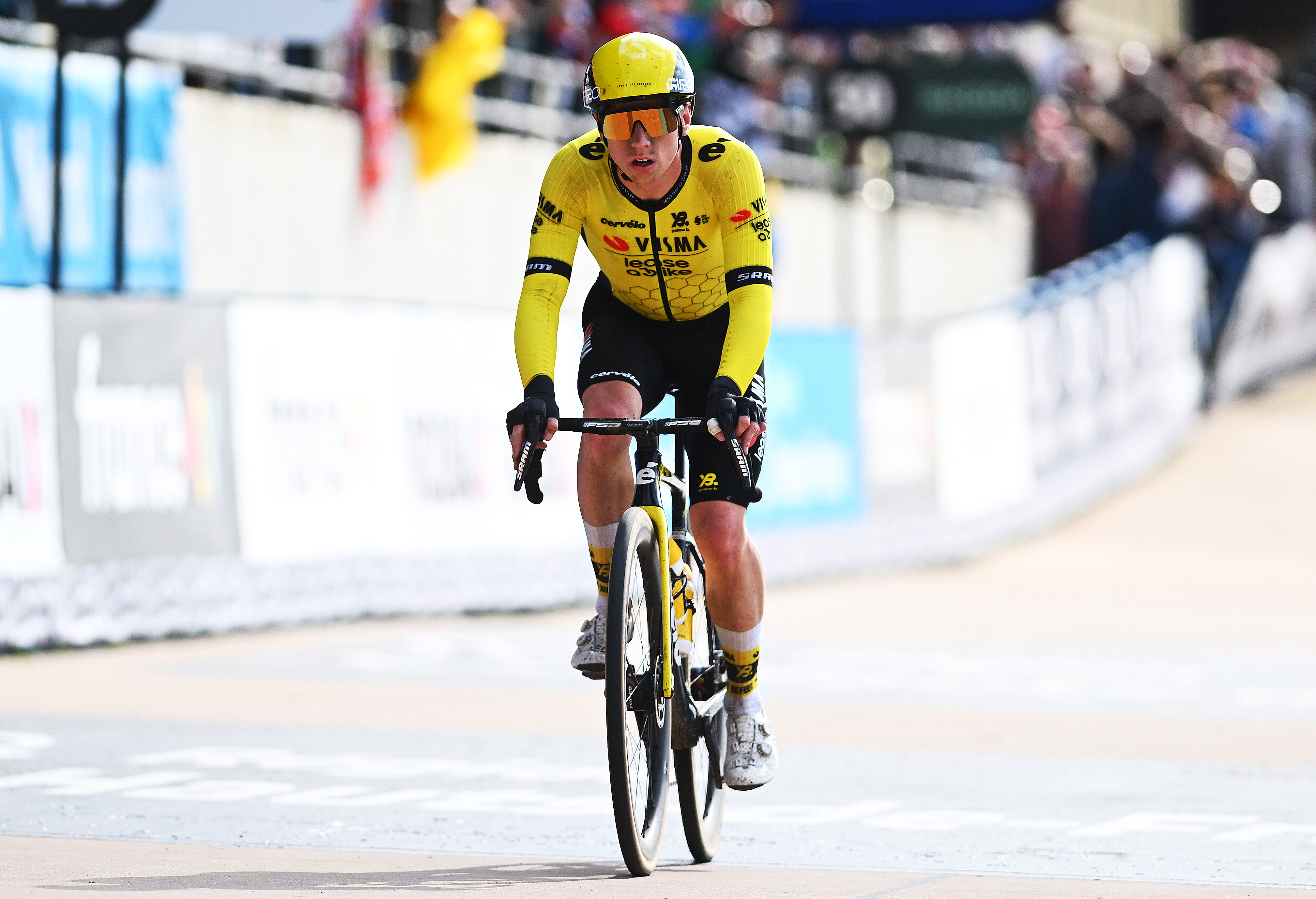Ask a coach: 'I'm taking training seriously this year – what's the best way to get fit quick?'
Been bitten by the bike bug and want to go as fast as possible as soon as possible?


Getting really stuck into training on the bike is an exciting time. In the early days, your fitness progresses rapidly and you enjoy the ability to go faster and further than previous week. Unfortunately, this doesn’t forever, and after a few months you may feel as though you're slowing down and your fitness is starting to plateau. However, the good news is that in reality progress is just taking a little bit longer and isn’t as readily visible.
With this in mind, performance coach Alex Welburn is here with some suggestions – not only for those who may be time-crunched but also for those who have around 10 hours available for training.

Performance cycling coach Alex Welburn is one of the experts who will be answering your questions in Cycling Weekly's Ask a Cycling Coach series, online every Wednesday. He's currently completing a PhD on Critical power and W' at Loughborough University whilst also managing the Performance Project, in which he coaches athletes and provides consultation.
Principles of progression
One of the things to make clear from the start is that everyone is different. So, just because your friend is doing a particular session or number of hours per week doesn’t mean you need to. One of the things to consider is your overall load. By this, I mean not trying to do everything. Start gradually, so you can slowly increase parts of your training. This also means of course that you can enjoy your riding.
There are various ways you can progress your training by applying some change to create overload, whether that's overall volume or intensity. For the time-crunched athlete who may have 2 x 1-hour sessions during the week and 2 x 2 hours at the weekend, altering the volume isn’t a viable option if that time is not available. This is where it is important to alter intensity as time progresses.
For the time-crunched cyclist
Zone what?
Training zones refer to different levels of training intensity, zone 2 being very easy, and zone 5 very hard. Zones can be set using rate of perceived exertion (RPE), heart rate, or power - read more here.
The sessions should be focused on quality and optimising your training time, so you get the most out of the hours you have. If you have an hour, you want to make it count. But in each phase of training think about how you can include some overload in your sessions, especially if you are new to cycling.
Let's take a 3 x 10-minute zone 3 session. 15 minutes warm up with 5 minutes of easy riding with the last 5 minutes as your cool down, at present, takes you 60 minutes. To progress the training load, without increasing the session time, we're going to need to get crafty.
You could start with the session described above for a few weeks, but add on 3-5 watts (if you're training with power) on the top and bottom of the targets. You have the option of reducing the warmup to 5-8 minutes, and reducing the cool down by 5 minutes and knocking a minute off the recovery time which may allow you to squeeze an extra 10 minutes of effort, so you have 4 x 10 minutes (8 minutes warm-up, 4 x 10 Zone 3 with 3 minutes easy with the last 3 minutes as a cool down). Another way to progress this session would be to change it to 2 x 20 minutes of effort, with 10 minutes of warming up, 5 minutes of recovery and cool down.
Get The Leadout Newsletter
The latest race content, interviews, features, reviews and expert buying guides, direct to your inbox!
It is important to note that some of these options reduce certain parts of the workout. Therefore, it may not be ideal if you prefer a longer warm-up for example.
These are just suggestions for ways that you can progress your sessions.
For the cyclist who has 10 hours or more
For those with more available training time, 90 minutes may be doable on a regular basis. Therefore, we can increase the number of efforts, providing it is within your capabilities. So, using that 3 x 10-minute session as an example, you could progress this to 4 x 10 or 3 x 15 before moving onto 2 x 20. As you progress you can increase the intensity or duration to give you that overload week on week that will lead to training adaptations.
Whilst you may have sufficient time in the week to train, life can often take over on the weekend, making it hard to fit in a longer ride or increase the duration to significantly above that of what you do in the week. In this instance, we can either front-load or back-load a session by adding in 1-2 intervals in either the first or last half of the ride.
One of my variations is to include 10 minutes of Z2-3 every 40 minutes unless your route allows you to do this naturally. Remember the focus is endurance, so don’t simply go tearing it up whenever the opportunity arises.
Some things to consider...
With all these variations and suggestions, progress at a rate that is sustainable. One of the most important elements to induce optimal progression is consistency.
Don’t forget about your recovery/de-load weeks. I like to start with a few days off the bike, then one or two sessions just to get the legs moving without adding any extra fatigue. This is where many can go wrong as they just want to keep building and building.
Consider the time you have available to work out how you can best manipulate quantity, duration, and intensity of sessions so that you can better build overload into your training and progress. Start steady so that you have space to extend things.
Don’t forget recovery and, most importantly, have fun!

Thank you for reading 20 articles this month* Join now for unlimited access
Enjoy your first month for just £1 / $1 / €1
*Read 5 free articles per month without a subscription

Join now for unlimited access
Try first month for just £1 / $1 / €1
Alex is a Physiologist, Performance Coach, who also lectures occasionally at Loughborough
University where he is completing his PhD in Critical power and W'.
After competing for over 10 years on the bike, where he has competed for GB in both
cyclocross and mountain bike events, he now spends his spare time in the mountains as an
aspiring guide. Alex has worked with cyclists of all levels over the last 9 years, from ultra-
endurance world champions to the Women’s TDF. Supporting his PhD he manages The
Performance Project, consulting with and coaching athletes. Finally, he is also a proud
sponsor of southern based LAKA X Pedal Mafia Race Team.
-
 'I'll take a top 10, that's alright in the end' - Fred Wright finishes best of British at Paris-Roubaix
'I'll take a top 10, that's alright in the end' - Fred Wright finishes best of British at Paris-RoubaixBahrain-Victorious rider came back from a mechanical on the Arenberg to place ninth
By Adam Becket Published
-
 'This is the furthest ride I've actually ever done' - Matthew Brennan lights up Paris-Roubaix at 19 years old
'This is the furthest ride I've actually ever done' - Matthew Brennan lights up Paris-Roubaix at 19 years oldThe day's youngest rider reflects on 'killer' Monument debut
By Tom Davidson Published